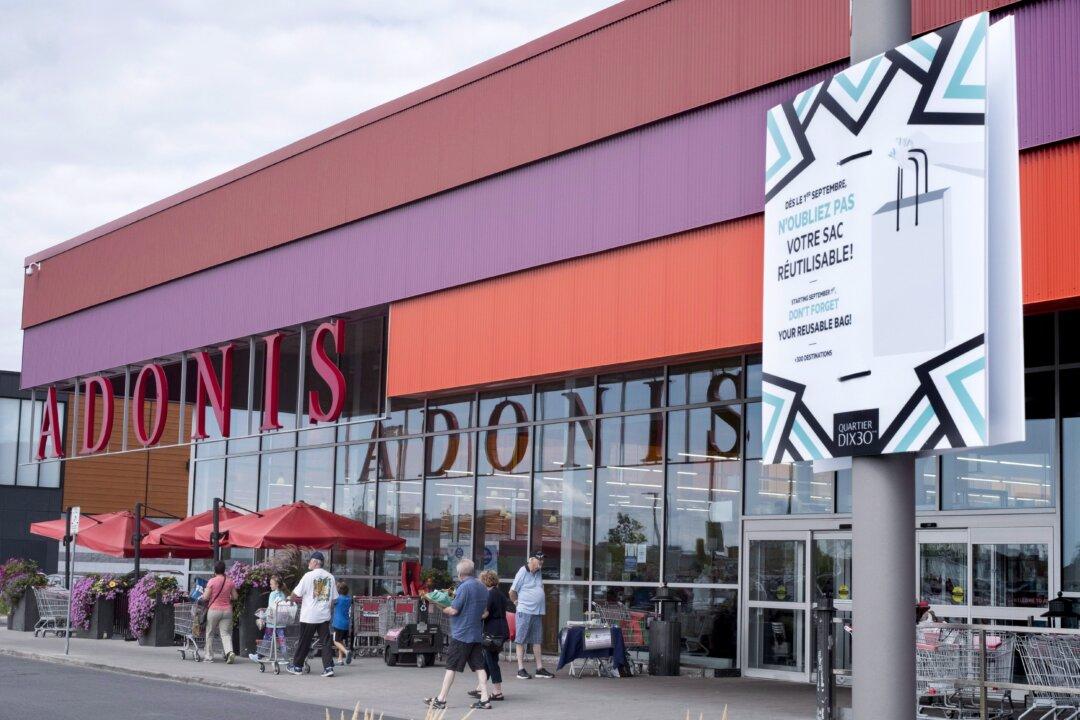As environmentalists celebrate the banning of single-use plastic bags in a growing number of Canadian cities, critics claim the bans may actually increase the country’s carbon footprint and have other unintended consequences.
At the start of 2018, Montreal was the first major city in Canada to ban plastic bags. Victoria is next in line; it has approved a bylaw to ban retailers from offering or selling plastic bags that will go into effect July 1. Edmonton, Halifax, and Vancouver are also taking steps to initiate bans, while other cities mull steeper fees and taxes—all in an effort to rid the petro-carbon bags from the environment.





